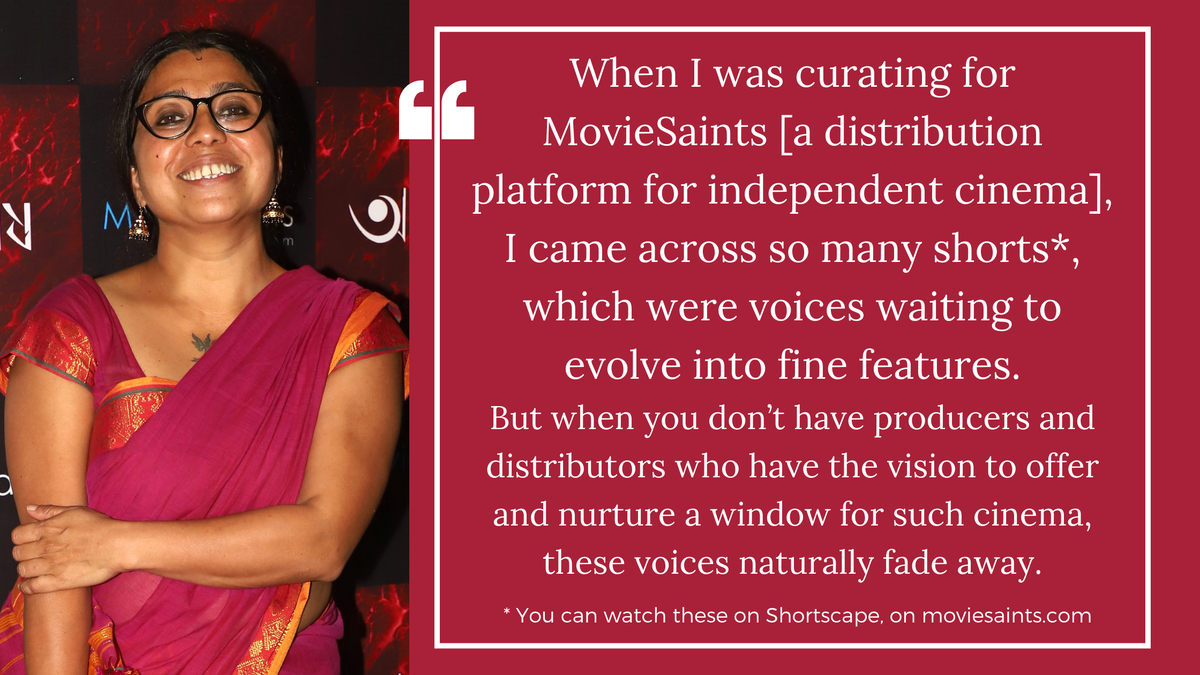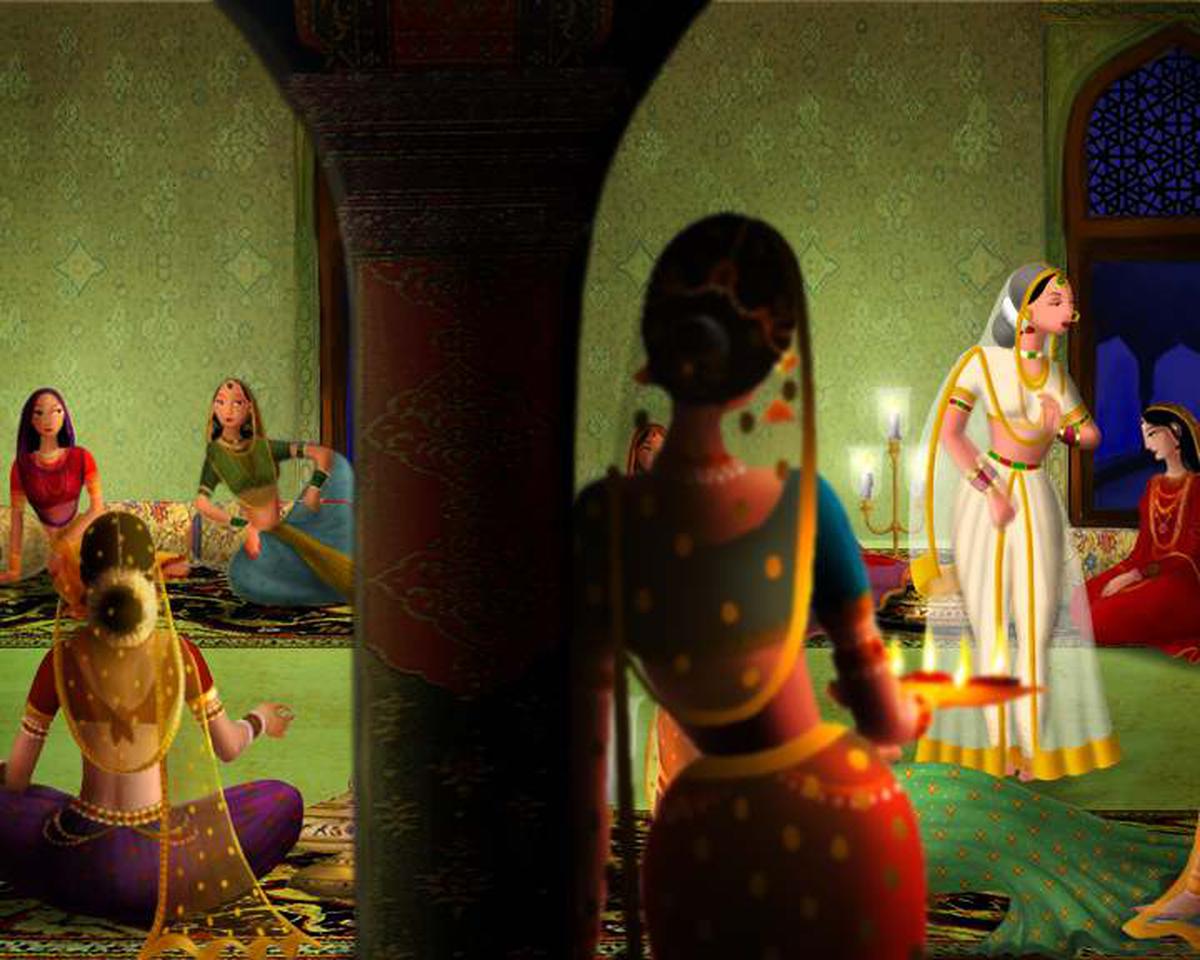‘Children’s content is not only mythology’: Anupama Bose
There is hardly any children or young adult (YA) content coming out of India. Gone are the days when we had a CFSI [Children’s Film Society, India] to bring incredibly viewable content with great storytelling [especially when Bhimsain, Jaya Bachchan, Gulzar saab were there]. For example, Potli Baba Ki or the meticulously cast, written, and dubbed Jungle Book in the 90s. Then there was Sai Paranjpye and the NCYP [National Centre of Films for Children and Young People] that did some amazing work — from Gopi Desai’s beautiful YA tales of growing up, love and loss, such as Mujhse Dosti Karoge, to AK Bir’s Oriya film Lavanya Preeti, and the delightful Raghubir Yadav-starrer Aasmaan Se Gira.
Also read:What kids are watching in 2022 | Kiran Rao on where India stands with original content for kids
The themes were varied, almost like extensions of what Gulzar saab’s Kitaab or Satyajit Ray’s Pikoo-r Din tried to do: evoke a young mind’s perception of the world around. Often adult, difficult, and harsh, yet with a child’s resilience. Is this my nostalgia piece about my childhood years? No. What I am trying to say is that once Jaya ji and Sai ma’am quit, there was a huge lull. A few years later, there was Amole Gupte. But that was it.

Stills from ‘Mujhse Dosti Karoge’, ‘Potli Baba Ki’, and ‘Pikoo’
Who is putting children first?
Does the non-state sponsored sector think of children and young adults in India when it comes to viewing content? No. They, at best, make a Chhota Bheem or Bal Ganesh. Mythology is a separate genre. The country consumes it, but it is not children’s content. It is as incorrect as presuming that if it is animated, it has to be for kids.
I teach film [at Satyajit Ray Film & Television Institute, Kolkata, and Whistling Woods, Mumbai] to impressionable young minds. Nearly every batch is astounded when they watch Persepolis,Sita Sings the Blues [which are more than a decade old] or the more recent Bombay Rose by Gitanjali Rao [2019] .
A few to remember
Udaan, Return of Hanuman, Stanley Ka Dabba, Kaphal, Little Zizou, Juze, Nimtoh, Kastoori (my personal favourite), Umesh Kulkarni’s Valu, and Vihir. Fandry and Sudhir Mishra’s Sikander — a football film based in Kashmir — are others.
Gitanjali has the ability to weave the mainstream into the animated universe, and tell a compelling tale of forbidden love — with all its political undertones of gender and community intact. Watch her Printed Rainbow to see her childlike ‘cat’ side. Or Orange to explore gender presets and the fight back that is a part of a woman’s daily routine in a man’s world.
Is all of this young adult content? Well, almost. Does India have a trend for such content? No. For a trend to set in, there has to be a stream of films and shows. We have nothing. We lack producers with vision.

My son is 21 years old now, and an avid watcher of films. I remember showing him [Iranian film] Children of Heaven when he was eight. He later told his friends at school about it, and suddenly I had his teachers calling me because everyone wanted to watch it. He refused to watch Indian content — except for the rare Printed Rainbow or Jaane Bhi Do Yaaron — because he wondered ‘why can’t they tell us stories that pertain to us?’. Kids want a compelling story that’s well made, and that respects the person who is watching it.

‘Printed Rainbow’
Look at what they are watching today — even their YouTube videos are sharp. If you give them tacky content, why would they watch it? The idea that kids will watch anything just doesn’t fly anymore. Maybe one should look at Dutch, Iranian, Japanese, and Chinese cinema to see how one can be indigenous yet be truly engaged in the emotional world of a child or a young adult.
A producer-curator, Anupama Bose is the managing partner of Makhijafilm.
For all the latest Entertainment News Click Here
For the latest news and updates, follow us on Google News.
